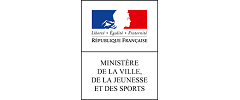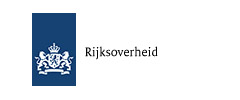GMO is stopped in Poland!
The Polish Parliament has put a ban on the use of GMOs in animal fodder
01.08.2006 |Sascha Gabizon

This is another huge step forward in the battle against GMO in Poland. It will reverse the current reliance on GM soya and maize in pig, poultry and dairy production on the larger Polish farms and will also protect smaller farms from unwittingly purchasing GM feed. Poland is more than capable of producing all the fodder required to maintain current livestock levels and to be self sufficient in indigenous, traditional (non soya) animal feeds. Food quality and consumer health will benefit through being protected from the residual effects of feeding animals on GM products, giving Poland a leading position as a GMO free foo producer.
ICPPC has consistently pressed for a ban of all GMO products in Polish agriculture with strong support from Provincial authorities, some politicians, farmers, international activists and other organisations. In the latest situation, it was possible to introduce a key 'no GMO' ammendement to the animal feed act just before it was put to the vote in the upper house/Senat/ of the Polish parliament and then accepted by the lower house/Sejm/. In many ways, an astonishing event.
The significance of this Polish initiative is bound to have repercussions right accross Europe and it remains to be seen what the European Commission will make of such resistance! Whatever results, we hope it will give new heart to all who continue the battle for a GMO Free Europe, often in a climate of official repression and intimidation. Two years ago it has (almost) unthinkable to believe that Poland might lead the anti-GMO way in Europe. But it is now a reality and gives all of us a great opportunity to push our respective governments to take similar actions.
With our warm wishes,
Julian and Jadwiga
ICPPC - International Coalition to Protect the Polish Countryside,

































